In conversation with Pia Zeinoun
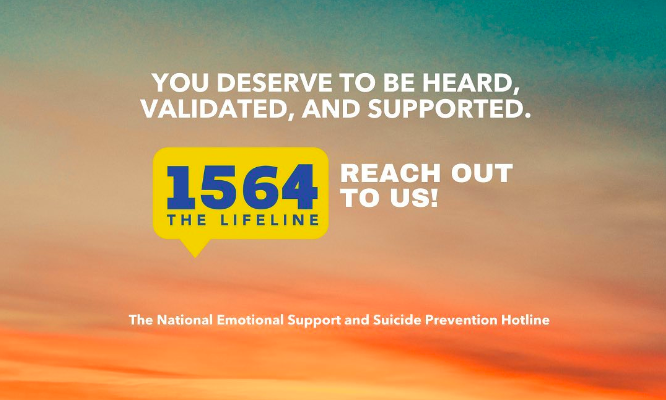
Pia Zeinoun, a Lebanese psychologist living in the Netherlands, co-founded Embrace in 2012. Embrace is a Lebanese NGO that aims to make quality mental health care, as a basic human right, accessible to everyone in Lebanon and advocates for its importance. Among many other things, Pia established the Embrace research hub, and the Embrace Mental Health Center in 2021 – a full multidisciplinary clinical center and university-affiliated training program. Pia Zeinoun is one of the six people that will share an introduction during the KUNO Summer Course; and the only one t wil bring in the perspective of a local NGO.
For now I have hopes that things will get better, but it is hard to dream. I am of a generation whose dreams have been repeatedly trampled unfortunately, so I just roll up my sleeves and do the work for a better Lebanon.
Can you tell something about yourself?
I am a psychologist, originally from Lebanon, but due to the countries various conflicts across the years, I have experienced forced migration and have lived in multiple countries. In 2012, while working at the American University of Beirut Medical Center, a group of colleagues mentored by Dr. Ziad Nahas, conceived the idea that there should be an organization that advocates for individuals with mental health issues, and covers treatment costs. We called it Embrace. There was a lot of organic support from the institution and the local community of students, since its was the first time such broad anti-stigmatizing attitude was being adopted towards mental health. With time, the mission of Embrace expanded in breadth, and to meet that mission, Embrace became an independent non-governmental organization dedicated to improving mental health for all.
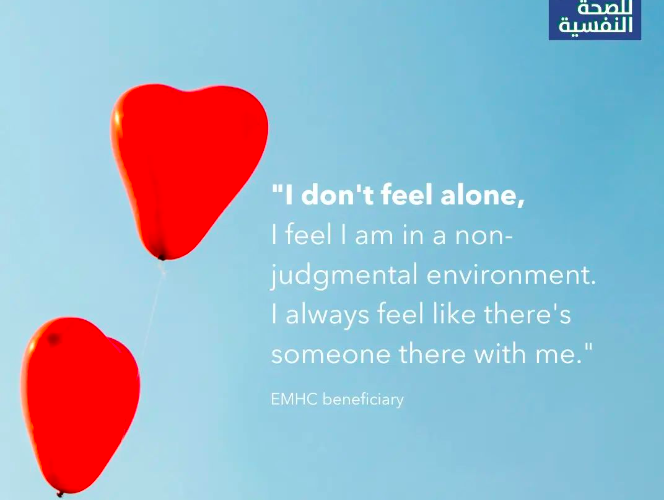
Can you tell something about Embrace and why there was a need for an organization like yours?
Lebanon, despite being a small country on the coast of the Medittereanean sea, has been plagued by decades of civil and political unrest. There has been a lot of trauma across generations, while at the same time, there was lack of mental health literacy, and stigma around seeking treatment. When Embrace started, we focused mostly on raising awareness to address the taboo and stigma of mental health. We also did a lot of research to understand the landscape of mental health in Lebanon, and were particularly shocked when we revealed that there is an average of 1 person who dies of suicide every 3 days. That led us to address the most critical and morbid aspect of mental health which is hurting oneself. Therefore, our second major project was to establish the National Helpline for Emotional Support and Suicide Prevention, in cooperation with the Ministry of Health. The lifeline started very small with only few hours of operation, but now operates 24/7 with hundreds of volunteering trained phone operators.
We were particularly shocked when we revealed that there is an average of 1 person every 3 days who dies of suicide.
What are the challenges in your work and in the collaboration with international organisations?
One of our major challenges is that it is difficult to show the direct impact of mental health interventions on people. For example, to keep the confidentiality and privacy of our beneficiaries, we do not ask them speak of their mental health struggles and how they were helped by our servies. Sometimes they offer to do so, and if it’s part of their healing journey, then we encourage it. So, we must be creative in showing our impact on the ground. Personally, my challenge is continuing to find ways to lead and develop the team at Embrace through unpredictable times.
What do you see as a personal challenge in your work?
One of our major challenges is that it is difficult to show the direct impact of mental health interventions on people, due to various reasons. That is why, we must be creative in showing our impact on the ground. Personally, my challenge is continuing to find ways to lead and develop the team at Embrace through unpredictable times.
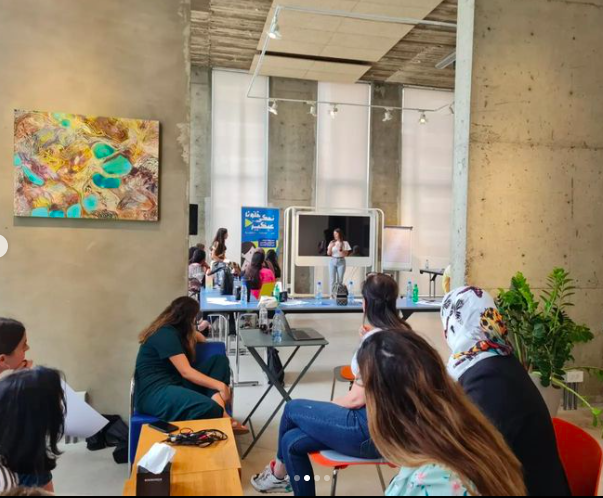
What do you see as great developments for the future of humanitarian work?
I am a little bit of an idealist at times! I do feel there is much more awareness on mental health in the past few years, and this may help facilitate projects and resources for mental health interventions at Embrace and other organizations with a shared mission.
What is your dream for Lebanon?
For now I have hope that things will get better, but it is hard to dream. I am of a generation whose dreams have been repeatedly trampled unfortunately, so I just roll up my sleeves and do the work for a better Lebanon.
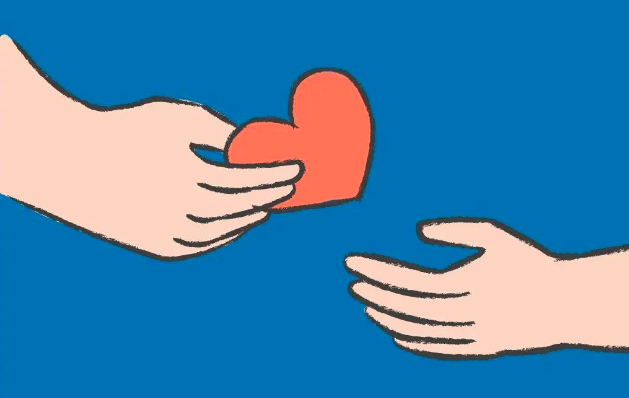
| Pia is an interdisciplinary behavioral health specialist, with 15 years of experience in higher education teaching/training, clinical MHPSS practice, healthcare innovation and management, NGO leadership, psychometrics expertise (in cross-cultural settings), and high-impact research in peer-reviewed journals. | 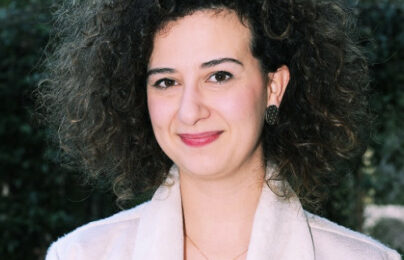 |
Date: 13th of June 2023
Author: Marianne Sijtsma
